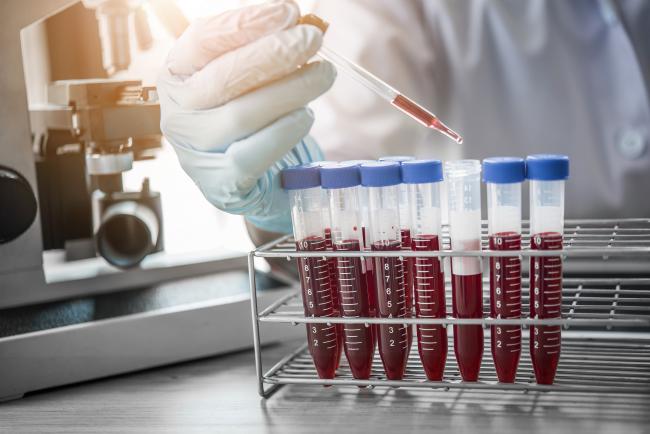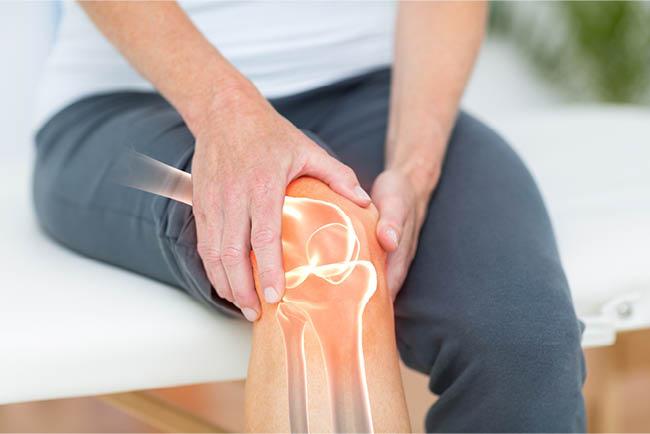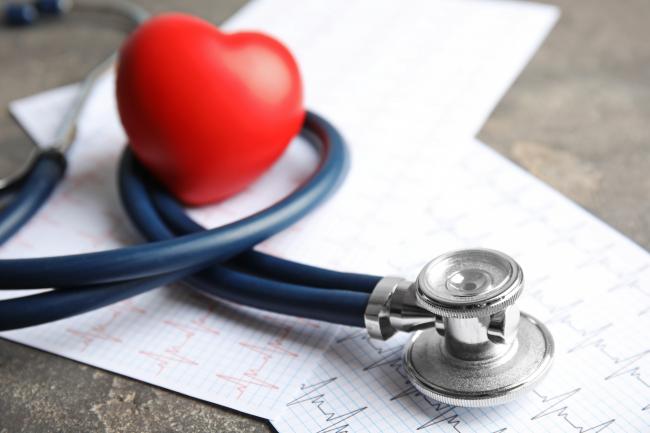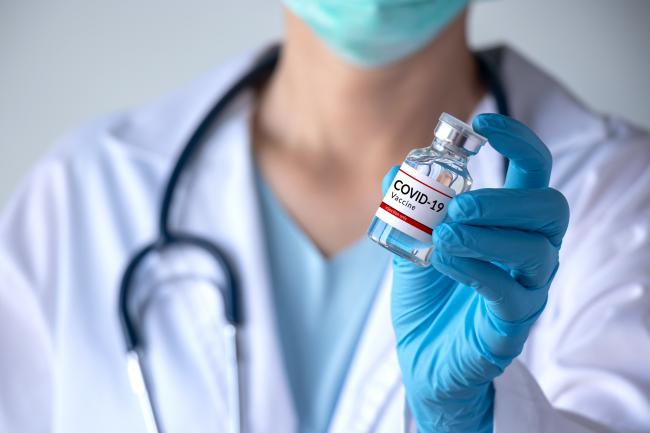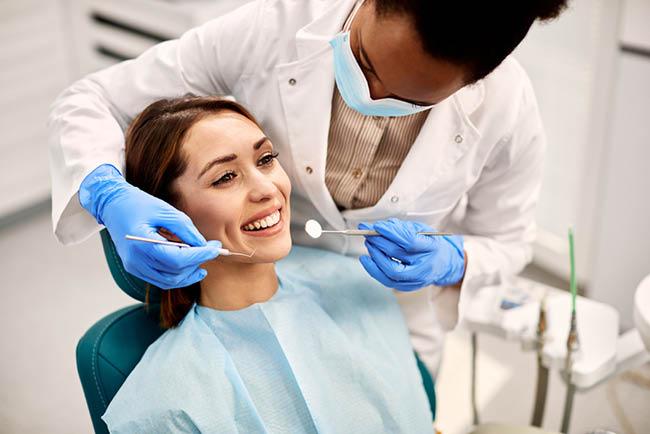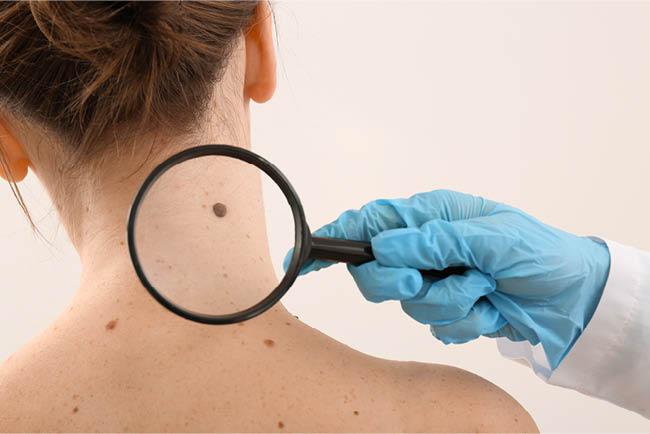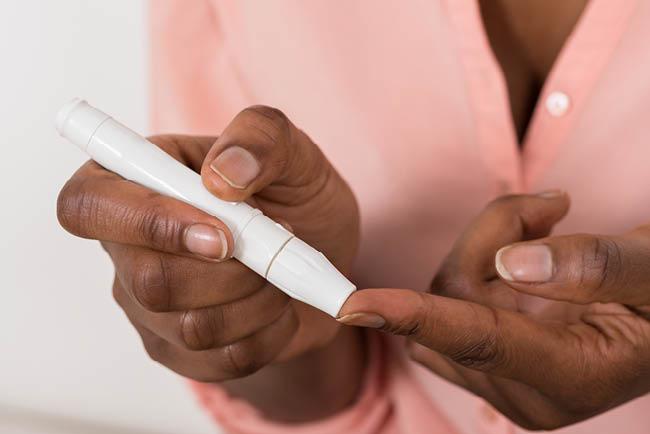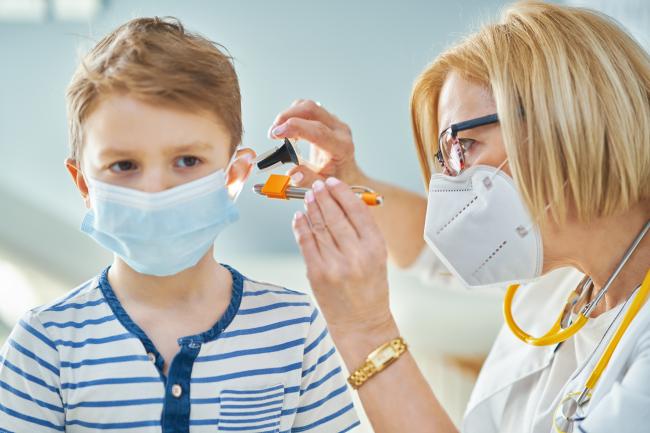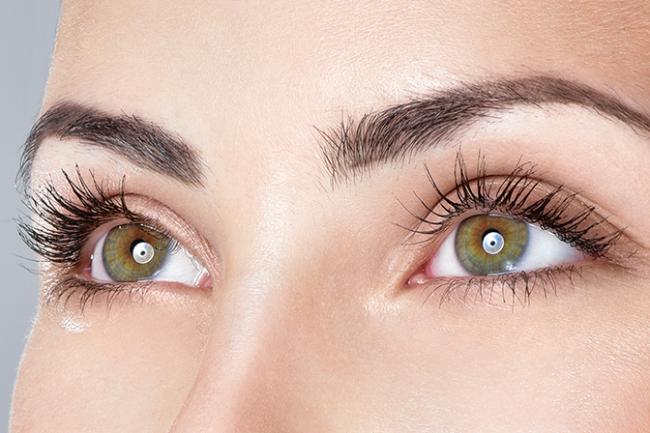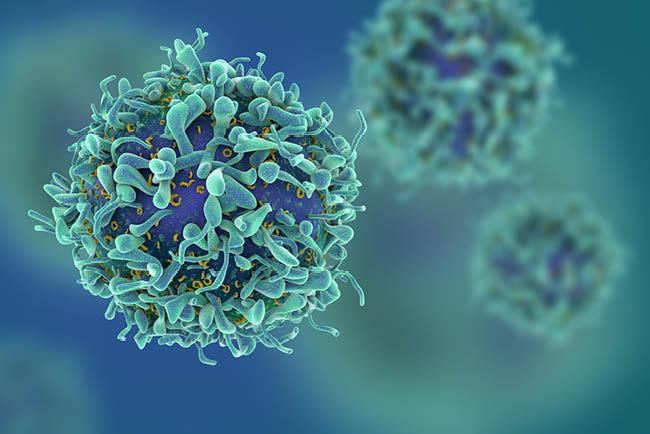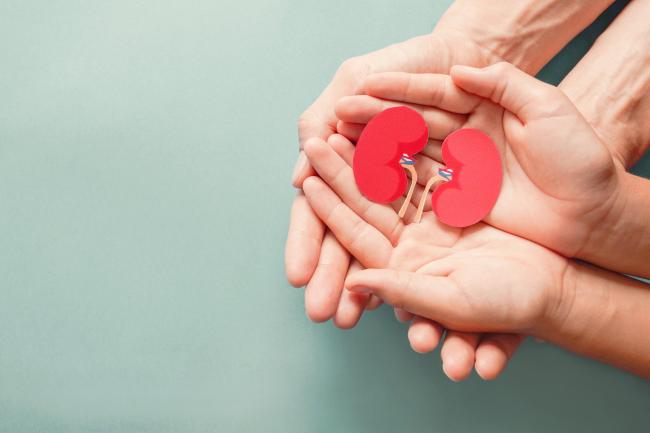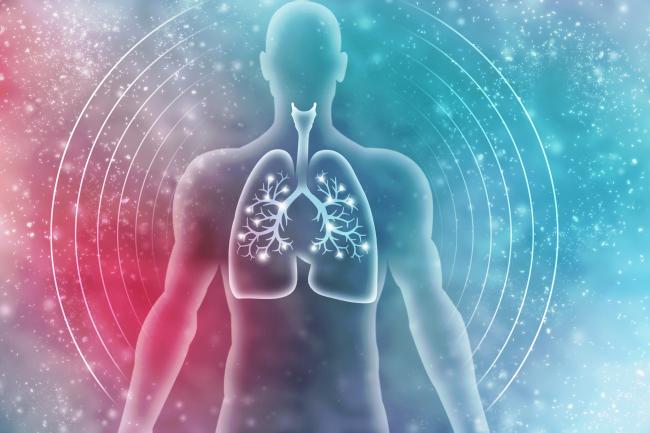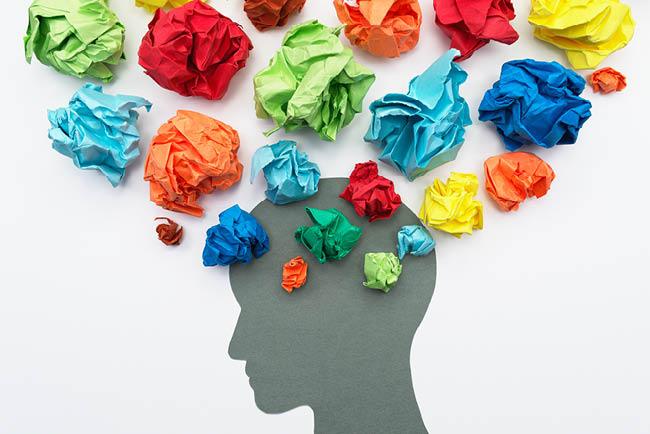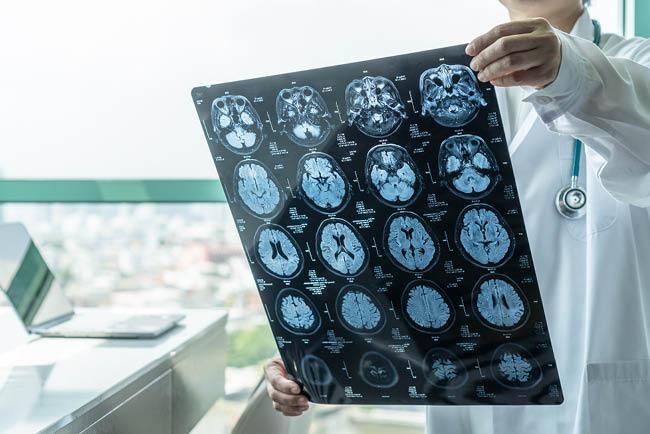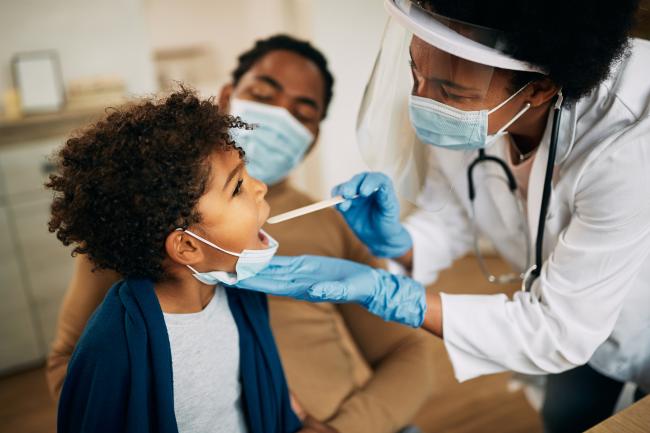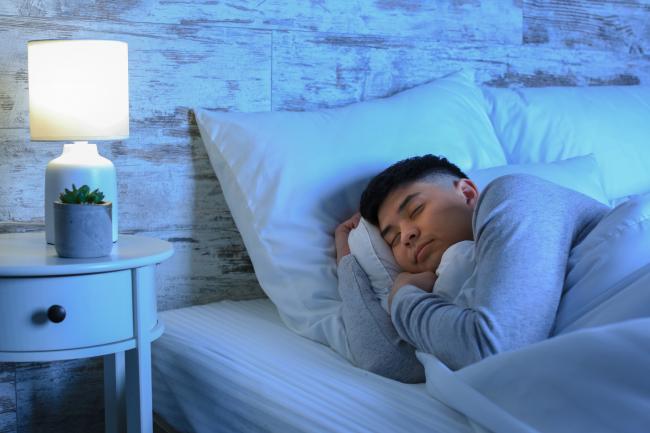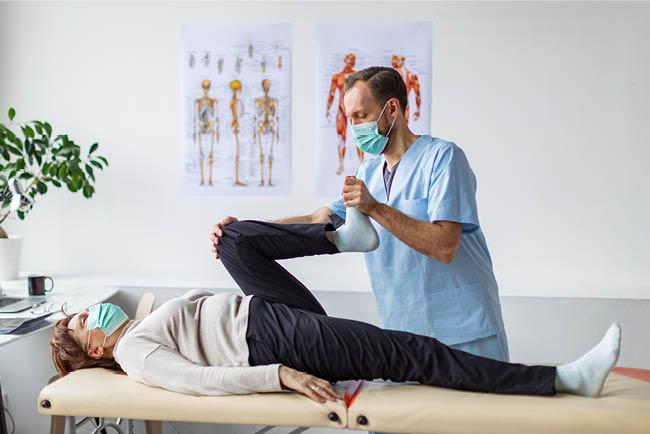Study Categories
-
Learning and Improving Alzheimer's Patient-Caregiver Relationships
Official Title
Collaborative Research: Learning and Improving Alzheimer's Patient-Caregiver Relationships via Smart Healthcare TechnologyPurpose
The purpose of this study is to explore how family caregivers and persons with memory loss communicate and if certain ways of handling stress, such as mindfulness-based self managements, are helpful for family caregivers. You will be in the study for up to four months from the time of consent to the time of final study data collection. There will be 4 telephone or video calls, and each will take approximately 30 – 135 minutes.
Could this study be right for you?
Caregivers who will participate in this study need to: 1) be aged 21 years or older 2) be an informal, unpaid caregiver who lives with the care recipient 3) be fluent in English 4) have functioning home Wifi The inclusion criteria for care recipients (persons with memory loss) are: 1) females and males age 60-99 years 2) history of memory loss 3) community-dwelling (living in the home) 4) fluent in English
Age Range
21 and up -
Lewy Bodies Study for Those with Sleep Behavior Disorders
Official Title
A Phase 2, double-blind, randomized, placebo-controlled study of nelotanserin versus placebo in patients with dementia with Lewy bodies (DLB) experiencing REM sleep behaviors (RBD)Purpose
The purpose of this study is to evaluate the safety of the study drug called nelotanserin and to assess the effects of nelotanserin in those experiencing frequent REM sleep behavior disorders due to dementia with Lewy bodies. Nelotanserin (study drug) is an investigational product, which means that it has not been approved by the U.S. Food and Drug Administration (FDA) or the government health agencies of any other countries.
Could this study be right for you?
--Age: 50-85
--Diagnosis: probable dementia with Lewy bodies or Parkinson's disease dementia
--AND diagnosis of REM sleep behavior disorder (RBD) with frequent RBD episodes
--Must have a study partner willing to serve as a collateral informant for study assessments
--MMSE Score: greater than or equal to 18 (Mini Mental State Examination score to be explained by the coordinator)Age Range
50 and up -
Light Therapy for Impaired Sleep in Parkinson’s Disease
Official Title
A Dose Selection Trial of Light Therapy for Impaired Sleep in Parkinson’s DiseasePurpose
This study is being done to find out if light therapy can help people with Parkinson’s disease (PD) who experience difficulties with their sleep. We also want to find out if light therapy is safe and does not cause too many side effects. If you qualify to join, it will take you about 4 months to complete this research study. During this time, we will ask you to make 5 study visits to The Ohio State University and complete 3 phone calls.
Could this study be right for you?
Inclusion Criteria: 1) Diagnosis of idiopathic PD 2) Stable dose of all PD medications for at least 30 days prior to randomization 3) Willingness to wear an Actiwatch and complete daily sleep logs Exclusion Criteria 1) Presence of moderate depression 2) Co-existent significant sleep apnea 3) Co-existent symptomatic restless legs syndrome (RLS) 4) Cognitive impairment 5) Pregnant women Further inclusion/exclusion criteria exists
Age Range
45 and up -
Mapping Individual Differences in Mood and Personality - The MindMap Study
Official Title
Mechanisms of Negative AffectivityPurpose
Symptoms related to depression and anxiety can affect a person’s daily life and relationships. Some research suggests that people with mood and anxiety disorders process information differently than people without these types of disorders.
The purpose of this study is to better understand the way the brain works in people who have depression and anxiety. Researchers hope their findings will lead to better ways to diagnose and treat mood and anxiety disorders in the future.
Participation involves an initial phone call and a 3 to 5 hour visit to find out if you are eligible. This visit will include completing questionnaires and interviews. If eligible, participants will have a second 3-5 hour visit for an MRI scan.
The 3rd and 4th visits (at 6 and 12 months) will include 1.5 to 3 hours of questionnaires and interviews each.
Following the scan, the 6-month follow-up, and the 12-month follow-up, participants will also complete daily online questionnaires for 7 days.
Could this study be right for you?
You may be eligible for this study if you are:
• 18-25 years of age
• Right-handed
• Currently experiencing symptoms of depression or anxiety (feeling down or depressed, anxious, nervous, or tense, having no interest in things you used to enjoy, or feeling hopeless)
• Not currently receiving treatment (psychiatric medications or therapy)
• No major medical problems (e.g., stroke, heart disease, high blood pressure, endocrine disorders, etc.)
• No history of neurological disorders (e.g., seizures, head injury, etc.)
• Normal vision, vision that is corrected to normal with glasses or contacts
• Willing and able to undergo fMRI scanning (not claustrophobic, no non-removable metal in your body)
• Not pregnantParticipation involves an initial phone call and a 3 to 5 hour visit to find out if you are eligible. This visit will include completing questionnaires and interviews. If eligible, participants will have a second 3-5 hour visit for an MRI scan.
The 3rd and 4th visits (at 6 and 12 months) will include 1.5 to 3 hours of questionnaires and interviews each.
Following the scan, the 6-month follow-up, and the 12-month follow-up, participants will also complete daily online questionnaires for 7 days.
Age Range
18 and up -
Measuring Sleep Problems in Children with Autism Spectrum Disorder (ASD)
Official Title
Measuring Sleep Problems in Children with Autism Spectrum Disorder (ASD)Purpose
The purpose of this study is to get a better understanding and improve measurement of sleep problems in children with Autism Spectrum Disorder (ASD).
Total time involved in study will be approximately 5 hours
Could this study be right for you?
- Parents of children with ASD, and
- Children with ASD ages 3-12, with mild, medium or major sleep problems either currently or in the past
- Children on medication can participate if the medicine dose is stable for at least one monthAge Range
3 and up -
Menstrual Cycle Mobile App for Young Women
Official Title
Menses Mobile App Study for Young WomenPurpose
The purpose of the T-Dot Study is to help researchers learn more about menstrual cycles in young women through the use of a mobile app that tracks blood flow, menstrual cramps, and quality of life as it relates to menstrual cycles. Participants will download an app to their phone and track their menstrual cycle for six months.
They will complete one in-person visit to enroll, and three email surveys over the course of the study. Participants will be given menstrual products to use throughout the study.
Could this study be right for you?
- 10-14 years of age
- Have had first menstrual cycle (period)
- Have regular access to the same smartphone
Age Range
10 and up -
MeSo Study
Official Title
Mechanisms of Self and Other Evaluation (MeSO Study)Purpose
The purpose of this study is to better understand the way the brain works in people who have depression and people who have previously been depressed. We are also testing healthy subjects for comparison. We hope our findings will lead to better ways to diagnose and treat mood disorders in the future. Participation involves an initial phone call and a 2 to 4 hour visit to find out if you are eligible. This visit will include completing questionnaires and interviews. If eligible, participants will have a second 3-5 hour visit for an MRI scan. Two months after the scan, participants will complete daily online questionnaires for 7 days. This process is repeated 2 months later (4 months after the scan).
Could this study be right for you?
You may be eligible for this study if you: • Are between the ages of 18-40 • Are right-handed • Do not have a history of neurological disorders (e.g., seizures, head injury, etc.) • Do not have major medical problems (e.g., stroke, heart disease, high blood pressure, endocrine disorders, etc.) • Have normal vision, vision that is corrected to normal with glasses or contacts • Are willing and able to undergo fMRI scanning (not claustrophobic, no non-removable metal in your body) • Are not pregnant
Age Range
18 and up -
Metabolism Research Study--Healthy Volunteers Needed
Official Title
Adipocyte-T Cell Interactions Modulate Adipose Inflammation and Insulin Sensitivity Following Weight GainPurpose
The purpose of this research study is to better understand the role of fat tissue, how cells in fat tissue communicate, and determine what signals specific cells use to cause inflammation and insulin resistance during weight gain. This may help researchers better understand the process that happens in Type 2 Diabetes.
As a result, through the course of six--nine weeks, participants will be asked to gain at least 10% of their starting body weight. A dietitian will meet with participants to give advice to help with meeting the study weight gain goals, as well as provide additional meal vouchers and supplemental shakes as needed. Following the study, participants will receive guidance how to lose the weight they've gained if they would like to do that.
Could this study be right for you?
You may be eligible if you:
- Are 18-60 years of age
- Are lean; Have a BMI 18-24.9 kg/m2 (*see link below for calculating your BMI --Body Mass Index)
- Have healthy levels of cholesterol and triglycerides (These will be tested at screening)
- Are a non-smoker
- Are non-diabetic
- Are free of chronic illness
- Are not pregnant or breastfeeding*If you want to calculate your BMI https://www.cdc.gov/healthyweight/assessing/bmi/adult_bmi/english_bmi_c…
Exclusion Criteria:
- Fasting triglycerides > 150 mg/dL or nonfasting triglycerides ˃ 250 mg/dl
- LDL-Cholesterol level > 150 mg/dL,
- Presence of significant anemia (hemoglobin <10.0 gm/dL),
- Currently or planning to take blood thinners ,
- Current smokers
- Have taken steroids or anti-inflammatory meds for >6 months in the last 6 months
- >10% body weight loss within 3 months of enrollment
*Other exclusions may applyAge Range
18 and up -
Movement and Music Study for Those with Dementia--Age 60 and Over
Official Title
Movement and Music Intervention for Individuals with DementiaPurpose
There is some evidence that music based interventions may have a protective effect on the brain in those with dementia. There is also evidence that doing activities that engage the brain through music are beneficial. This study seeks to investigate the potential benefits of a music based intervention for individuals with dementia.
Could this study be right for you?
You may be eligible if you:
- Have a diagnosis of dementia (mild to moderate)
- Are age 60 and older
- Able to follow simple instructionsEXCLUSION CRITERIA:
-Unable to walk 10 feet unassisted
-Presence of bone disorder that impacts walking
-Presence of other neurologic diagnosis that impacts cognitive or motor function such as stroke, Parkinson disease or traumatic brain injuryAge Range
60 and up -
Nearsightedness in Children--A Study to Determine if Daily Eye Drops Can Slow the Progression
Official Title
CHILDHOOD ATROPINE FOR MYOPIA PROGRESSION (CHAMP): A 3-ARM RANDOMIZED, DOUBLE-MASKED, PLACEBO-CONTROLLED, PHASE 3 STUDY OF ATROPINE SULFATE OPHTHALMIC SOLUTION 0.01% AND 0.02%Purpose
The purpose of the study is to determine if a daily eye drop will help slow the progression of nearsightedness in children.
Could this study be right for you?
Your child may be eligible for this study if he/she is:
*Ages 3- 17
*NearsightedParticipants will complete visits for follow-up (every 6 months) and to pick up study eye drops (every 3 months).
Please have your child’s current eye glasses prescription available when you call.
Age Range
3 and up -
Parent-Infant Eye Tracking Study for Children With and Without Hearing Loss
Official Title
Development of Parent-Child InteractionsPurpose
This study will examine how a child’s hearing loss may affect the dynamics of parent-child interactions. The study will observe how normal-hearing and hearing-impaired child learn novel words during videotaped parent-child interactions.
Individual study visits may last 30-45 minutes, and there may be multiple study visits per year.
Could this study be right for you?
- Families with children 9 months to 6 years of age
- Children who do and do not have hearing loss may be eligible to participate in this study -
Performance and Cognitive Changes Across Menstrual Phase
Official Title
Performance and Cognitive Changes Across Menstrual PhasePurpose
This study will look at the influence of the hormonal changes that occur between the early-follicular and mid-luteal phases of the menstrual cycle on neurocognitive performance before and after an intense resistance workout in premenopausal, moderately active females. Additionally, this study will be determining the accuracy and usefulness of using a menstrual cycle tracking phone application in predicting menstruation and ovulation
Your participation in the study will last between 2 and 3 months dependent on where in your current menstrual cycle you are upon enrollment in the study. There are 6 total visits across the 2 to 3 month study duration.
Could this study be right for you?
The eligibility criteria are as follows:
1. Be between the ages of 18 and 35
2. Participate in at least 3 hours of planned physical activity per week
3. Able to squat 100% of your body weight
4. Able to bench press 70% of your body weight
5. Using non-hormonal contraceptivesAge Range
18 and up



